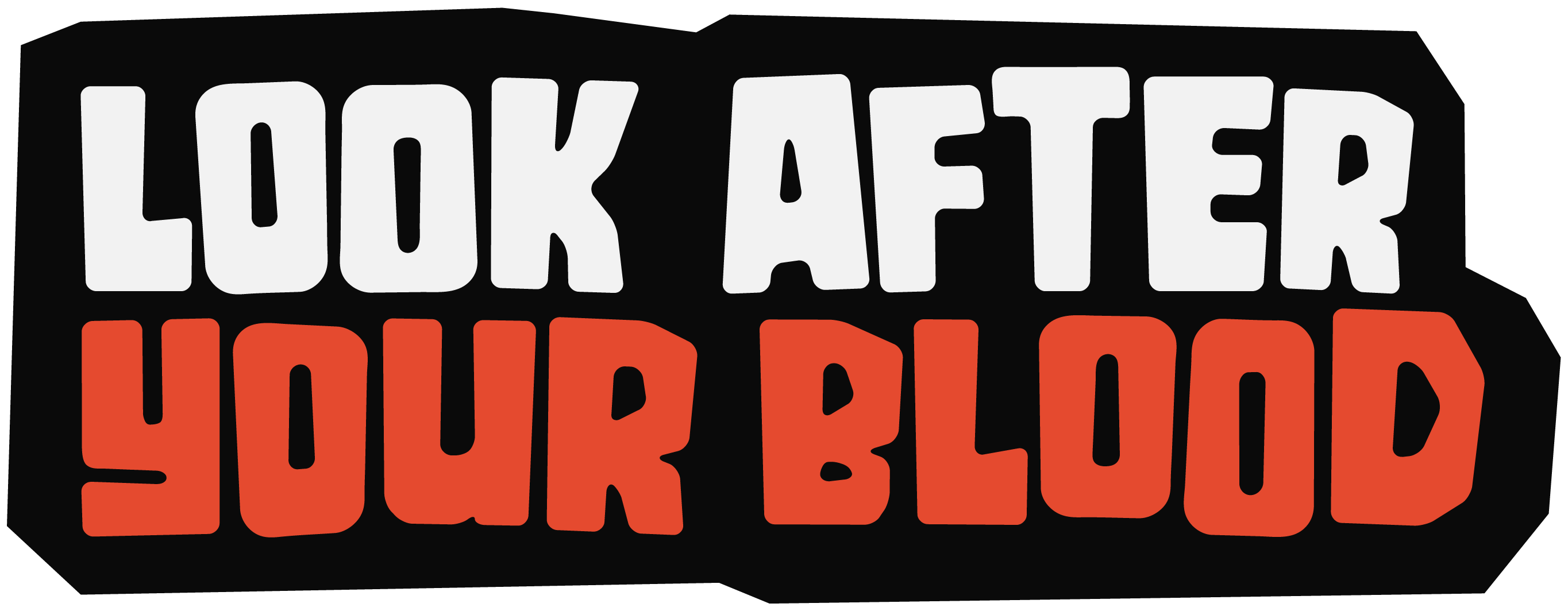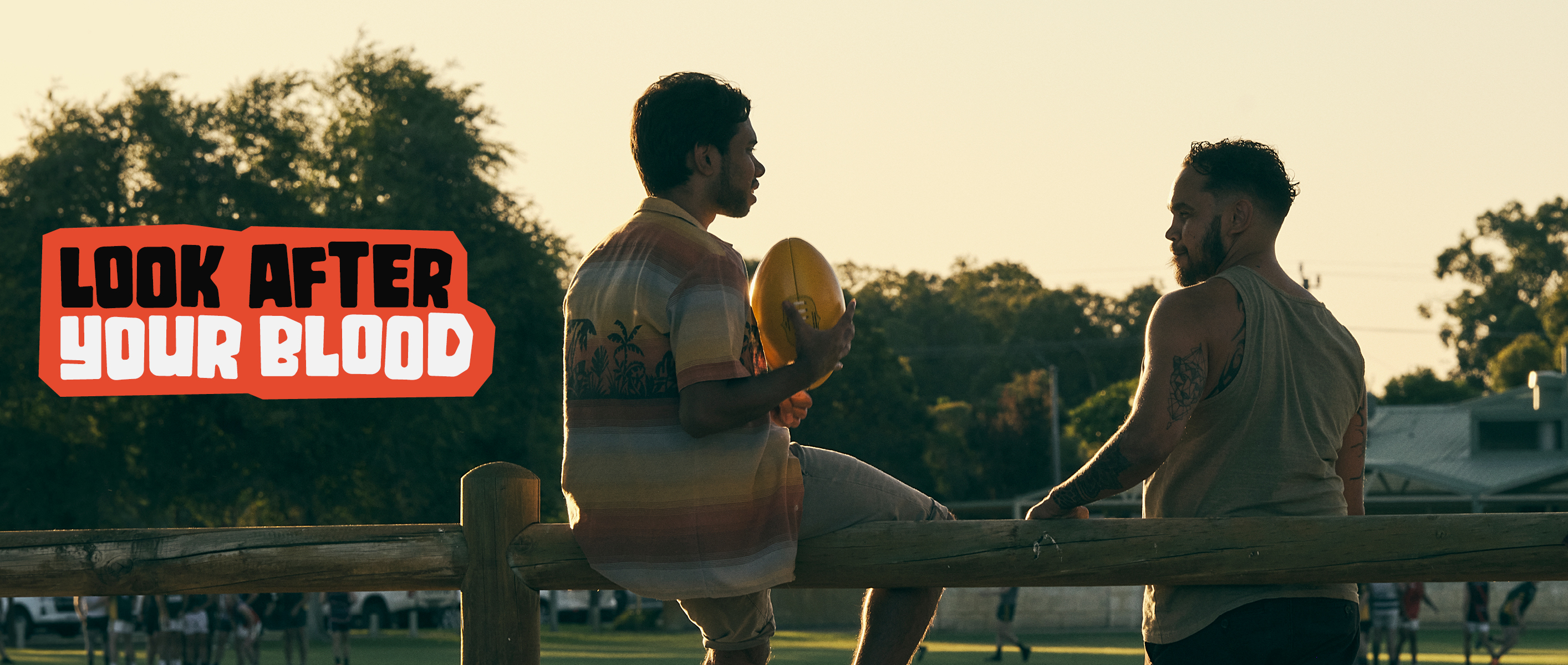

We know what happens, it is hard to get freshies sometimes, but if you share injecting equipment you can get a blood-borne virus, like hepatitis C (also called hep C).
You can only know if you have a blood-borne virus if you get a blood test – it’s easy.
Hepatitis B, hepatitis C and HIV are all blood-borne viruses.
These viruses are called blood-borne viruses (or BBVs) because they can be passed on if the blood of a person who has the virus gets into another person’s bloodstream. Some BBVs can also be passed on through sex.
To know if you have a BBV you need to get a blood test. If you do have a BBV there are medicines you can take to treat them.
If you are injecting drugs, the best way to protect yourself is by making sure you always use your own new, sterile needles and syringes. Also use your own spoon, swabs, filters, sterile water and tourniquets.
When you have sex, use condoms and water-based lube.
There are lots of places where you can get tested for BBVs. The most important thing is that you go to a health service where you feel comfortable.
It can be hard to tell your health workers different things you do in your life like injecting drugs, but if you tell them they can make sure you get good care. They will keep anything you tell them private meaning your family and community will not know what you said.
You can go to the doctors or your local Aboriginal Medical Service to get a test. Some services where you get freshies can test you too.

If you find out you have a BBV, there are medicines that you can take.
The sooner you get tested the sooner you can get these medicines. Look after your blood.
To get the medicine speak to your health worker or find a service that can help you.
There are things you can do to stop yourself from getting BBVs.
If you are injecting drugs, use a new (sterile) needle (a freshie) every time if you inject drugs. Never share needles and syringes, not even with friends or family. Also use your own spoon, swabs, filters, sterile water and tourniquets.
If you are getting tattoos or piercings, it is important to make sure that the equipment is new and has not been used for anyone else. If you want to get a tattoo or piercing, go to a professional tattoo or piercing studio to protect yourself from BBVs.
When having sex, always use condoms and water-based lubricant, this includes when you are having vaginal sex or anal sex.
Talk with your health worker about hepatitis B vaccination.
Find a needle and syringe program where you can get sterile injecting equipment.